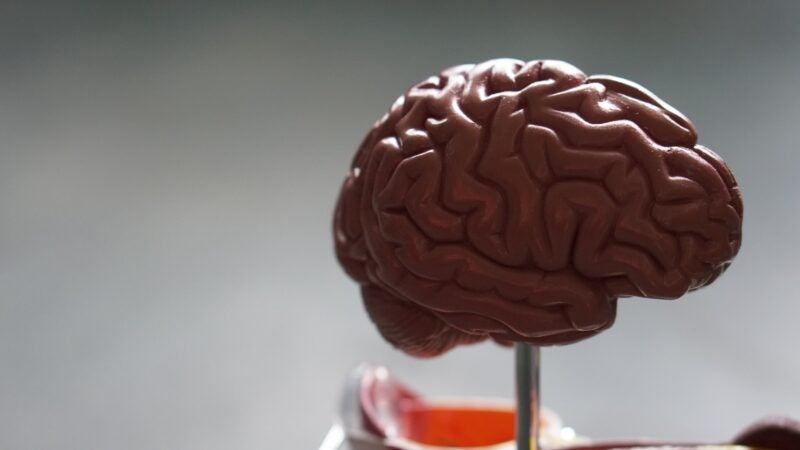
Seelos Therapeutics has dosed the first subject in a Phase II/III clinical trial of its investigational treatment SLS-005 (trehalose injection, 90.5 mg/mL for intravenous infusion) for spinocerebellar ataxia, with a focus on type3 patients (SCA3; Machado-Joseph disease).
The randomised, double-blind, placebo-controlled, registrational trial intends to enrol up to 245 SCA3 patients across the globe.

Discover B2B Marketing That Performs
Combine business intelligence and editorial excellence to reach engaged professionals across 36 leading media platforms.
These subjects will be categorised into one of two dosage arms to receive either SLS-005 or placebo.
Evaluating the variation from baseline in the Modified Scale for Assessment and Rating of Ataxia (m-SARA) total score at week 52 is the trial’s primary efficacy endpoint.
The variation from baseline in a blood-based biomarker for neurodegeneration, clinical global impression of severity, subject global impression of severity and a day-to-day living activities score will comprise the secondary endpoints.
Additionally, the trial will analyse the safety and tolerability of SLS-005 in SCA3 patients.

US Tariffs are shifting - will you react or anticipate?
Don’t let policy changes catch you off guard. Stay proactive with real-time data and expert analysis.
By GlobalDataA low molecular weight disaccharide, SLS-005 can cross the blood-brain barrier.
It could potentially stabilise proteins and activate autophagy by activating Transcription Factor EB (TFEB), an evolving treatment target for various ailments with pathologic storage material build-up.
The product demonstrated to lower the build-up of misfolded proteins and cut down pathologic material accumulation in animal models of various ailments linked to abnormal cellular protein accumulation or storage of pathologic material.
Earlier, the US Food and Drug Administration (FDA) and the European Medicines Agency granted Orphan Drug Designation for SLS-005 to treat SCA type 3.
A serious ailment, spinocerebellar ataxia is caused by cerebellum degeneration beginning typically in adult life.
In July this year, the company dosed the first participant in an open-label basket study of SLS-005 to treat patients with amyotrophic lateral sclerosis in Australia.





